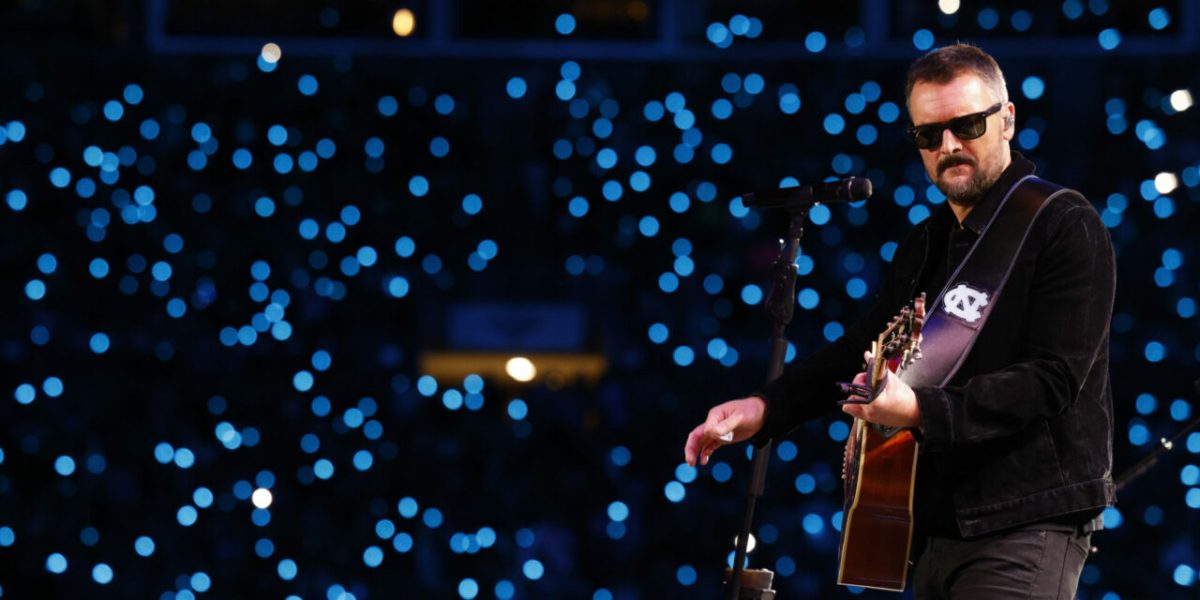Steve’s Facebook page
“I have tickets for the show. Anybody want them, message me.”
“I’ll take ’em”
“I said to message me, not post it in the comment section.”
“Come on man.”
“No. Follow private message procedures. You went rogue. Now look at us,
having it out in the comment section.”
“Dude, you’ve turned into a monster.”
“You made me that way.”
When cellular companies hire film and stage icons like James Earl Jones and Malcolm McDowell to parody bad online behavior in their commercials, are they saying that online ethics have bitten the virtual dust?
As early as 2006, in his December 6 New York Times article, “Whatever Happened to Online Etiquette?” David Pogue, then NY Times Technology Columnist, worried about the erosion of online ethics. According to Pogue, a number of factors including online anonymity, hostile role modeling by media personalities and parental oblivion had eroded online communications to name calling and “spitting on each other.”
Pogue added, “Many parents haven’t been teaching social skills (or haven’t been around to teach them) for years, but Web 2.0 is suddenly making it apparent for the first time.” More to his main point, Pogue said, “The real shame, though, is that the kneejerk ‘everyone else is an idiot’ tenor is poisoning the potential the Internet once had.”
Pogue laments the dashed dreams of a “global village…where direct communication might make us realize that we have a lot in common after all, no matter where we live or what our beliefs.”
In her October 6, 2010 article, “Schools Urged To Teach Youth Digital Citizenship,” Nancy Solomon addressed the need to get youth back on the digital ethics track on NPR’s “All Things Considered” program. Solomon cited John Palfrey, of the Berkman Center for Internet and Society, who said, “We need education; we need mentoring; we need parenting …We need to have social workers figure out how to reach out in cyberspace, as well as in real space … It’s an all-hands-on-deck kind of issue.”
Solomon offered solutions for a digital citizenship education campaign. Her article spotlighted Common Sense Media, a nonprofit source for kids’ movies, video games and technology information, who had gone as far as to write a digital citizenship curriculum to assist schools in teaching children “to think critically about the Internet and make ethical decisions about its use.”
According to Solomon, Common Sense founder and CEO, Jim Steyer
thought that technology had “outpaced schools’ ability to keep track of it,” adding that he (Steyer) was “flooded with requests for the curriculum as soon as it was released.”
Still, as 2013 draws to an end, some school systems don’t appear to be concerned with including digital citizenship in their curriculums. Lynchburg, Va.’s Brookville Middle School librarian, Laura Harvey Light told The Guilfordian, “Most middle school educators are so concerned with SOLs, (Standards of Learning test scores), that subjects like the Arts and the Internet kind of get pushed to the side.”
Delores Figg, Brookville’s Art Instructor agreed.
“Like Art, Internet etiquette isn’t a priority in middle school,” Figg said. “Also, the school system can only do so much. If proper etiquette isn’t mirrored at home, it doesn’t really take hold with middle schoolers. Respect and appropriate behavior start at home. I know that sounds old-fashioned, but it’s true.”
But there’s hope. In true digital fashion, like Common Sense Media, more digital entities teach online ethics and citizenship and offer courses for educators, parents and children. UniversalClass.com offers several levels of study and certifications in their online courses.
On the Well Trained Mind forum, poster Camy, asked, “Anyone familiar with universalclass.com online courses?”
Commenter jibaker103 replied, “Yes, my library offers it free. My son is taking the English Composition 101 course right now and likes it very much.”
School systems may look to their own libraries as one source for online guides in educating students about digital ethics. Common Sense Media currently includes The
California State Library Association, The California State PTA, Apple, Google, Disney, MTV, PBS and Teach For America in its extensive list of digital citizenship education partners. With plenty of available resources for a digital citizenship education campaign in place, could all parents and school systems please report to the principal’s office, ASAP?






